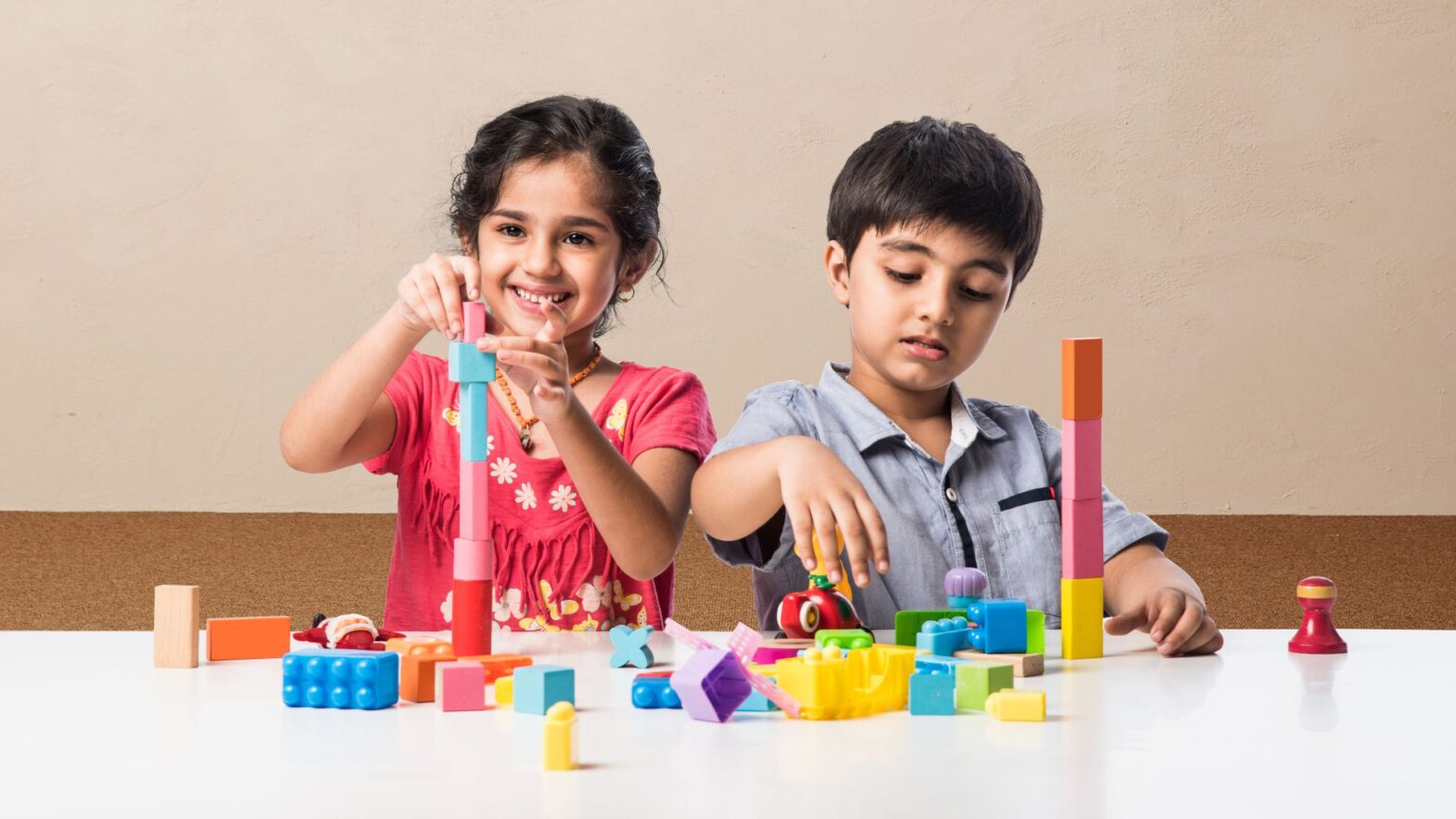Fun-based learning is the art of helping children learn and perform better through the use of fun activities. It stimulates their brains, thereby helping in their development. Thus, it has been found to be immensely beneficial for children. Each age group uses a different type of fun-based learning technique.
Advantages of fun-based learning
Fun-based learning impacts children directly and indirectly.
- Establishes focus: Engaged and active learning keeps children interested and focused on their academics.
- Faster learning: Involve your children actively in deep problem-solving and critical thinking. Hence, it engages them deeply, accelerates learning and improves knowledge retention.
- Different learning methods: Children learn differently when actively involved in the learning process. They are emotionally involved, and so get a unique satisfaction.
- Independence & inquisitiveness: When children work independently or in small groups with other children, they learn to analyse things, think critically and learn from experiences.
- Exposure to reality: Solving real-life problems helps children realise the real-life applications of their academic learning.
- Social development: When children work in small groups with other children, they develop social skills by interacting with one another and knowing each other’s views.
- Multiple learning styles: Children learn effectively by expressing themselves through different styles, such as verbal presentations and actions. So this builds confidence in them to move up the academic and life ladder.
Differences between fun-based learning and traditional learning
| Traditional Learning | Fun-based Learning |
| Teacher-centred. | Student-centred. |
| Only knowledge transfer occurs. | Knowledge & skills developed through experience. |
| The learning outcome is to score marks. | Learning outcomes are flexible. |
| A fixed system with high facilitation. | Flexible system with less facilitation. |
Fun-based learning activities for children
- Classroom theme: Creating a feel of a particular subject creates learning excitement. Otherwise, it would be boring for children to sit in the same environment every day and study.
- Teach extra: Also, giving children little bits of information or discussing them boosts their attention, engages them and gives them new knowledge. So, children memorise such information easily.
- Change of classroom: Children get bored coming to the same classroom every day. There could be a dynamic arrangement of studying in different classrooms or even occasionally using your school courtyard tree as a classroom.
- Video learning: Showing children videos such as those connected to their lessons, documentaries, or even news of interest could break the monotony of always looking at the same blackboard.
- Using actual objects to teach: Both teachers and students could bring objects connected to their topics and learn through practical demonstration.
- Projects: They’re always very useful and powerful to create curiosity and add fun to the learning process.
Also, other fun-based learning activities could include the use of skits, puzzles and games, and storyboards. So, fun-based learning is undoubtedly very powerful and helpful in a child’s learning journey. Therefore, adopting this learning process everywhere will go a long way in making a difference in the way children learn and think.
Skill Stork is the leading international school in Warangal affiliated to top national and international curriculums. Please feel free to learn more about us by contacting us on our website.
